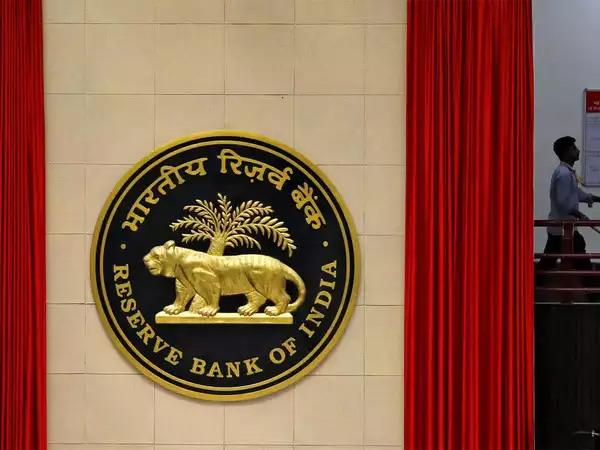Sanjay Malhotra, who assumed office as the 26th Governor of the Reserve Bank of India (RBI) on Wednesday, emphasized the importance of stability, trust, and growth as the central bank’s guiding principles. Speaking in Mumbai, Malhotra pledged to uphold these values while ensuring India’s growth trajectory remains on course.
“India’s growth must continue, and the RBI will play a pivotal role in fostering it. Financial inclusion will be at the heart of this effort,” he said, highlighting the progress made in expanding banking services nationwide and the work still required to achieve universal access.
Commitment to Stability and Agility
The former revenue secretary underscored the significance of policy stability in taxation, fiscal, and monetary matters. “Stability instills confidence in businesses and individuals, which is crucial in a dynamic global environment marked by geopolitical tensions, climate change, and economic uncertainties,” he said. Malhotra also emphasized the need for agility, stating, “While stability is a core value, it is equally important to remain responsive to changing circumstances.”
A Consultative Leadership Approach
Malhotra advocated a consultative approach to policymaking, acknowledging the importance of drawing on diverse expertise. “Policies must be well-informed and effective. Recognizing that no single institution has a monopoly on knowledge, we will engage with stakeholders to ensure balanced and forward-looking decisions,” he added.
Vision for “Amrit Kaal” and Beyond
Addressing the RBI’s 90th anniversary, Malhotra highlighted the central bank’s focus on stability, trust, and growth as vital pillars for achieving the vision of “Viksit Bharat” (Developed India) by 2047. “As we enter the ‘Amrit Kaal,’ it is our responsibility to sustain the growth the country needs and take the RBI’s legacy forward,” he stated.
Perceived Shift in Policy Stance
Analysts view Malhotra as more dovish compared to his predecessor, Shaktikanta Das, who maintained interest rates even as growth slowed to 5.4% in the second quarter of FY25. Malhotra refrained from commenting on immediate macroeconomic challenges, saying he would first engage with stakeholders before sharing detailed views.
With his focus on policy stability, inclusivity, and responsiveness, Malhotra’s tenure is expected to align with India’s broader economic aspirations while navigating the complexities of a changing global landscape.





